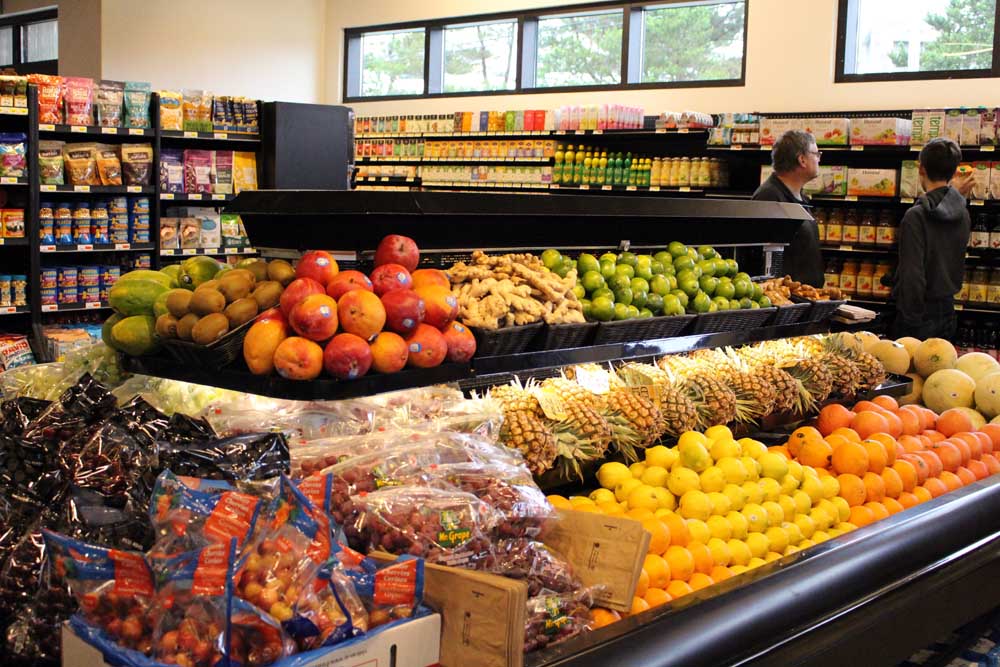Grocers seek state ban on taxing food
Published 9:48 am Wednesday, July 19, 2017

- A measure to ban taxes on everything related to the sale and distribution of food that has qualified for the Oregon November ballot would be a first in the nation.
SALEM — The Northwest Grocery Association is seeking a ballot measure in 2018 to constitutionally bar taxes on food.
The association filed paperwork Tuesday to petition for an initiative proposing a constitutional amendment prohibiting taxes at every point of food sales, from production, processing, wholesale and retail, with the exception of meals served at restaurants.
“It really is just protecting people’s access to food and only food for human consumption,” said Joe Gilliam, the association’s president.
The association’s action comes as public employee unions pursue placing a corporate sales tax on the ballot in 2018, a pared-down version of Measure 97 defeated in 2016.
The grocery association has launched a website to campaign for the “Yes! Let’s Keep Our Groceries Tax Free” act.
Businesses and public employee unions have clashed over the last year over how to address the state’s revenue shortfall. Businesses have called for reductions in spending and public pension benefits in exchange for any increase in corporate taxes. Unions favor a gross receipts tax that would be based on corporations’ sales and would put corporations more in line with what individual taxpayers contribute toward state coffers.
Katherine Driessen, a spokeswoman for Our Oregon, one of the groups behind Measure 97, said the grocery tax ban “is really about padding the pockets of large international grocery chains like Walmart that already receive billions in subsidies from Oregon taxpayers for their low-wage jobs.”
“Everyone in our community has to do their part to fund our schools and our services, and the last thing we should be doing is creating special interest carveouts for some of the world’s largest corporations that just don’t want to pay their fair share,” she said.
Gilliam called Our Oregon’s comments “political jargon.”
“Measure 97 was a gross receipts tax, which was defeated soundly,” Gilliam said. “Gross receipts taxes on any business with thin margins can’t absorb the cost. It drives prices up and hurts people’s access to food.”
Under the proposed measure, the food industry would continue to pay corporate income tax, and the sales of other household goods and pet food still would be subject to taxes, Gilliam said. Walmart is not among the association’s 400 members, he added.
The campaign will need to collect 117,578 signatures by July 2018 to win a place on the general election ballot the following November.






